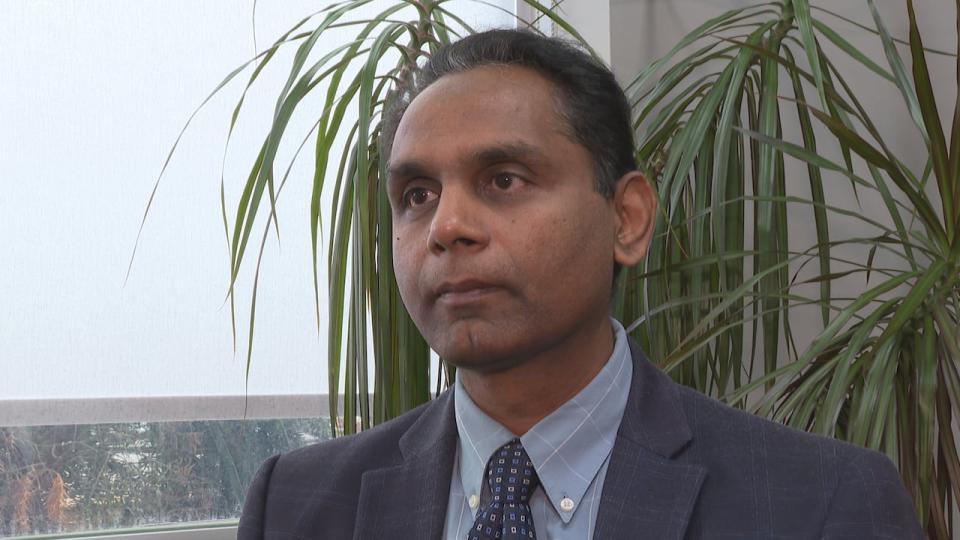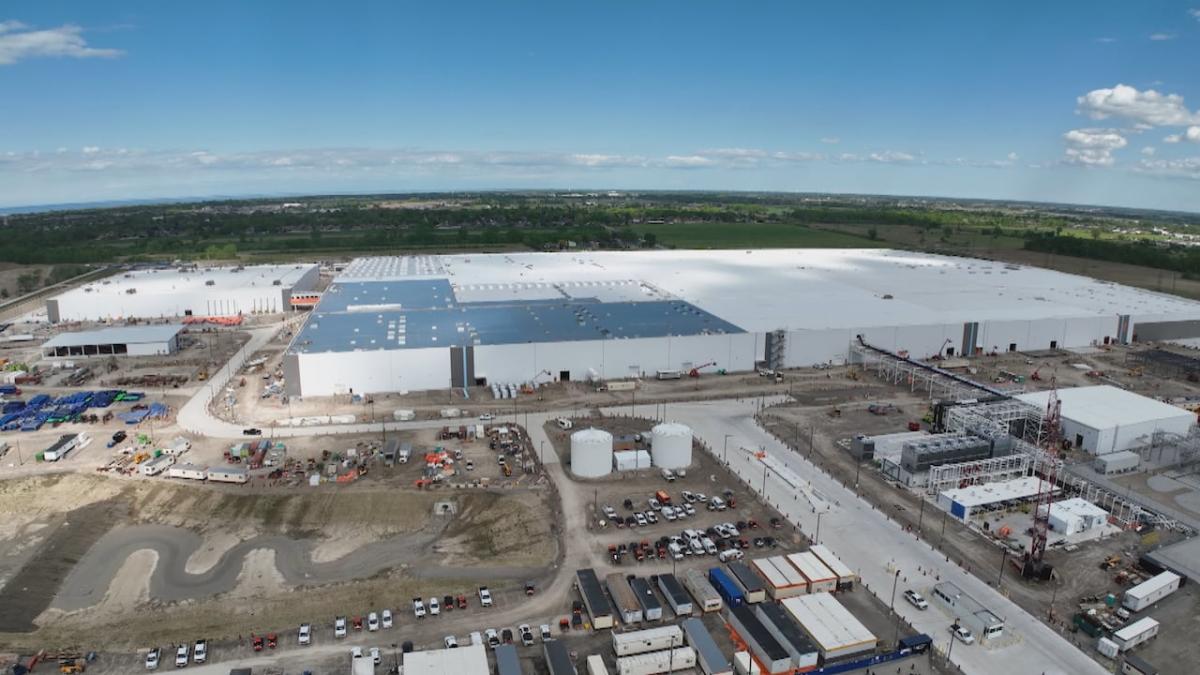The first large-scale electric vehicle battery plant in Canada is now just about a year from fully opening.
Sometime in late 2025, the NextStar Energy battery plant in Windsor, Ont., is expected to be producing battery cells for automaker Stellantis, while the production of the modules where the cells are packed is expected to start this year.
In the works since 2022, the plant is a joint venture between Stellantis and LG Energy Solution that’s expected to create 2,500 jobs.
At the time it was announced, Ontario Premier Doug Ford said the facility would guarantee the province is “at the forefront of the electric vehicle revolution.”
But while electric vehicle sales are increasing every year, Joe McCabe, president and CEO of AutoForecast Solutions, doesn’t believe NextStar will be up to 100 per cent production when it begins.
He says companies believe gaining market share is more important than immediate profitablity.
“There are multiple examples we can provide of manufacturers that are underwater under [battery electric vehicle] strategies with the idea that one day they’re going to get there as the adoption model goes higher, as costs come down,” said McCabe. “So this immediate idea that success is based on profitability, that’s not going to be the case. Its success is going to be on sustainability of the plant and potential growth of the plant.”
McCabe says even by 2035 there will still be some production of internal combustion engine vehicles, such as hybrids or plug-in hybrids.
“You’re going to see new applications like extended range where they’re going to marry an existing engine to a battery, but the engine will not propel the vehicle. The battery is still going to propel the vehicle and the government will consider that a BEV when in theory it still has an internal combustion engine making carbon,” he said.
He still feels the market will be OK for NextStar and that 25 per cent of vehicles on the road by 2030 will be EVs.
Government has a role to play in EV shift, Chamber of Commerce says
The president of the Windsor-Essex Regional Chamber of Commerce, Rakesh Naidu says the government has to do more to make the electric vehicles cheaper, go farther on a charge and increase the number of charging stations. Even though tarrifs are in place to stop countries like China from dumping cheap imports, Naidu said we still have to protect our domestic production from those imports.
“We know that there are countries that are finding backdoor entry into U.S. and Canada and the Canadian market and that’s from Mexico. So we’re hoping that policies are put in place and we have sufficient and adequate mechanism in place to support our industry,” said Naidu.

Rakesh Naidu is the president of the Windsor-Essex Chamber of Commerce. (Dale Molnar/CBC)
He says that can be done through the U.S.-Mexico-Canada trade agreement.
Hiring still underway at NextStar
As for jobs, NextStar is expecting to have about 600 people hired by the end of the year.
Justin Falconer of Workforce WindsorEssex says there are currently 31 job postings.
“Lots of engineering roles including cell process engineers, cell equipment engineers, module equipment engineers, IT system engineers, and then there’s also some quality and inspection roles like cell inspection engineer,” said Falconer.
NextStar director of human resources Ed Novacco told CBC news last month the employees they are concentrating on will be gaining skills overseas.
“That we’ll send abroad to get training at home from our sister plants over in Europe. And then hopefully to come back with that great knowledge and be able to cascade it to the rest of our employee.
People seeking work can go to the website EVcareers.ca.

